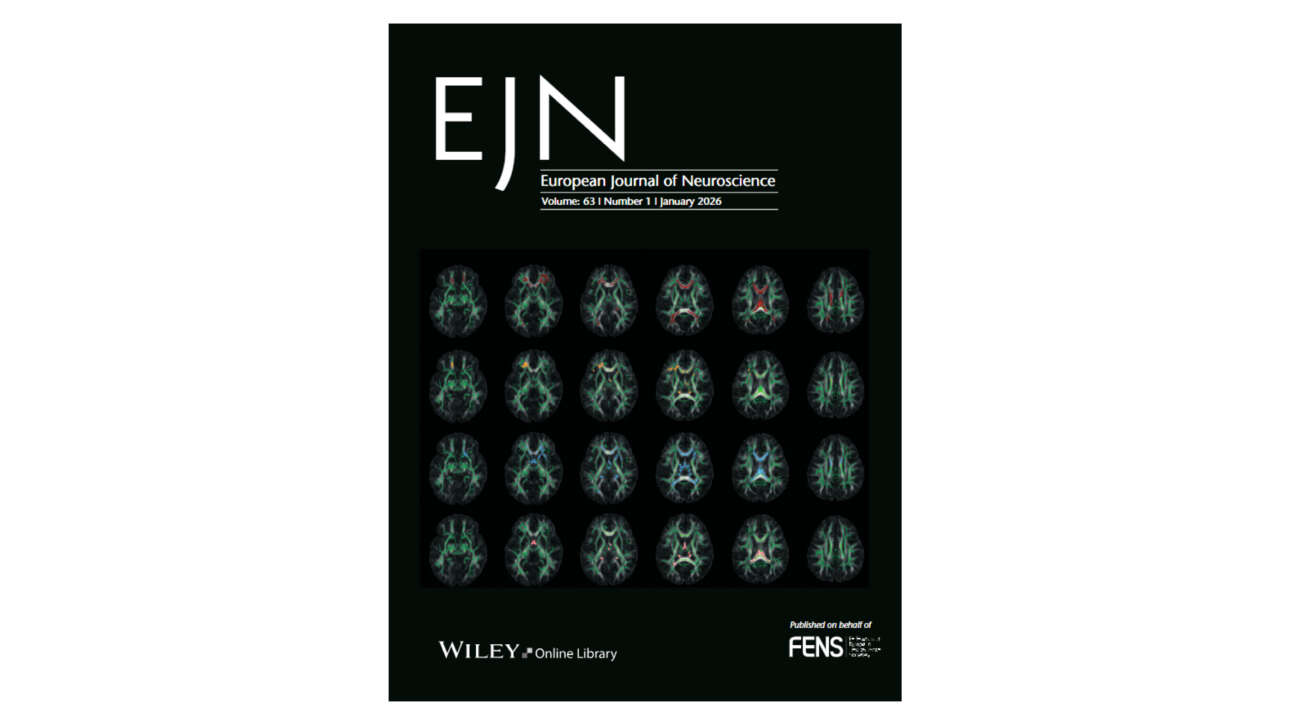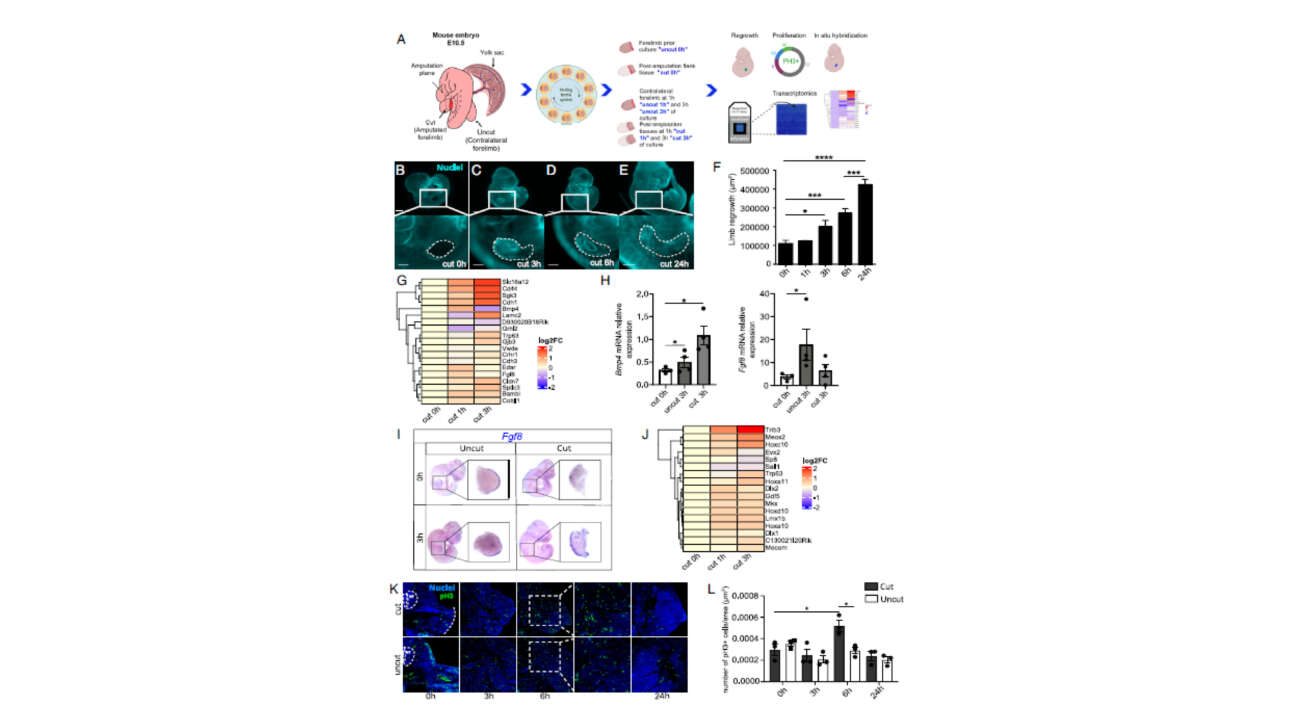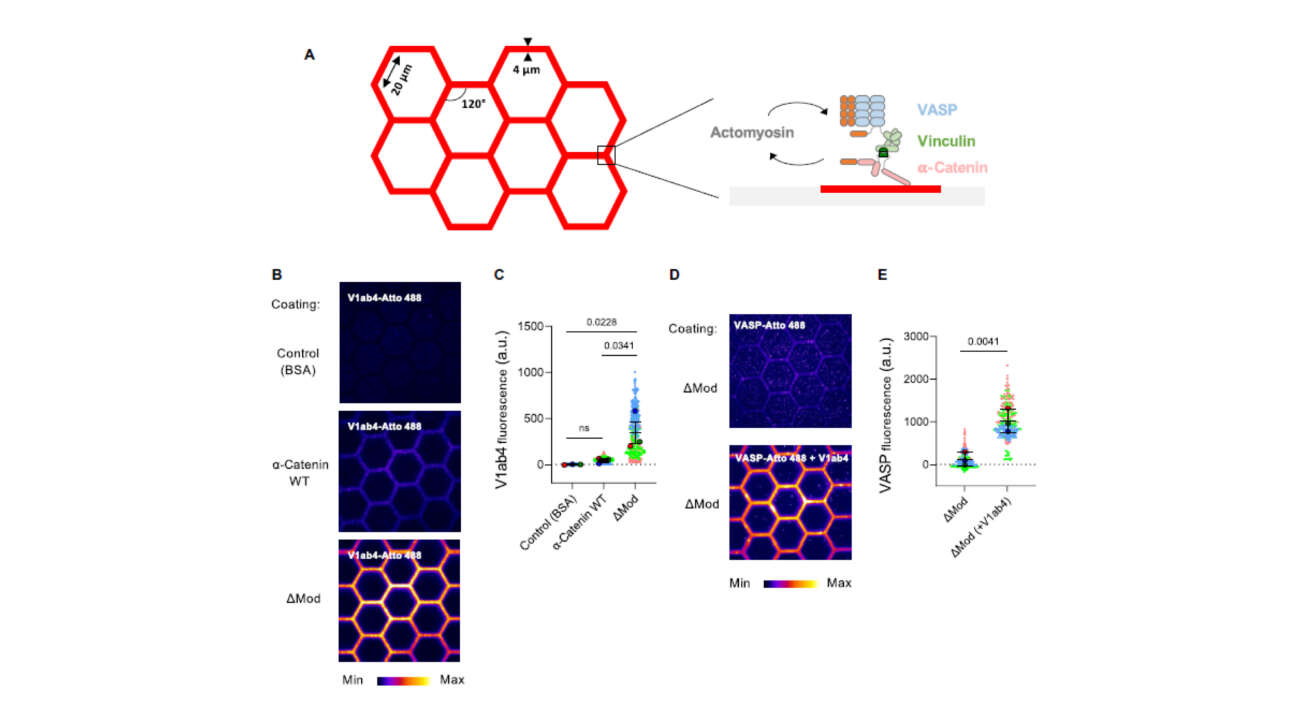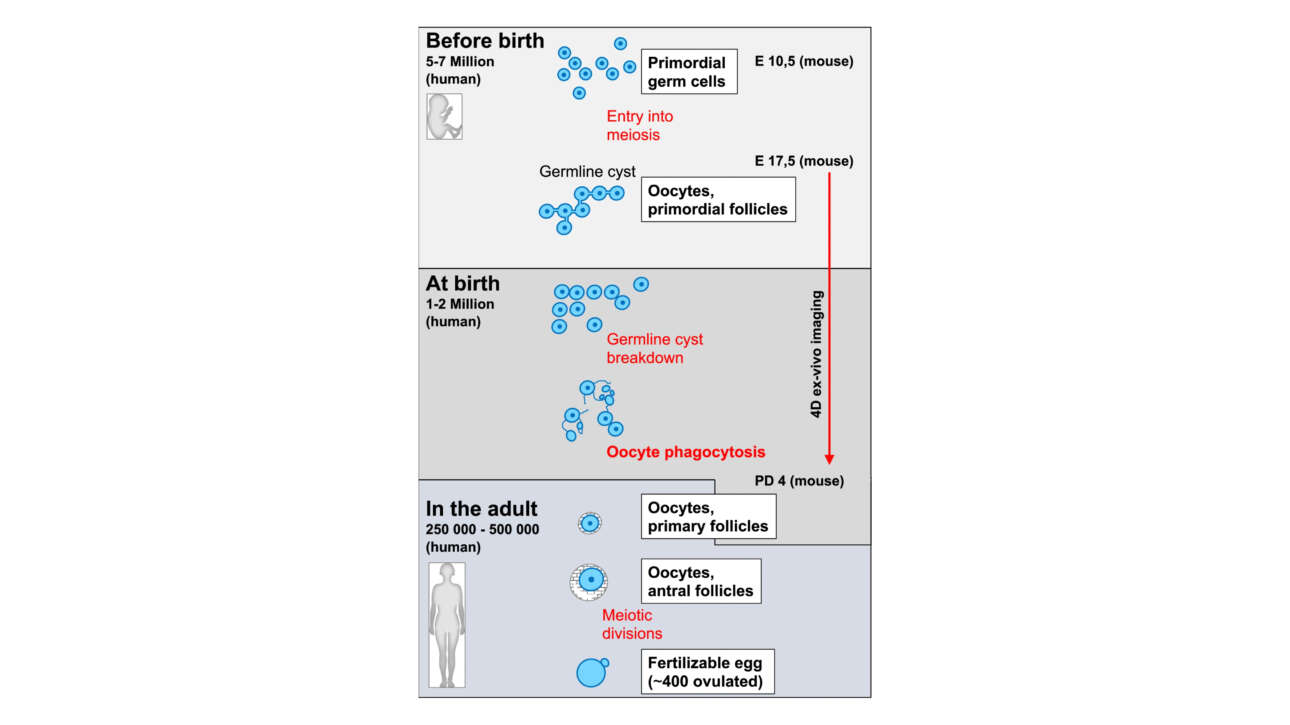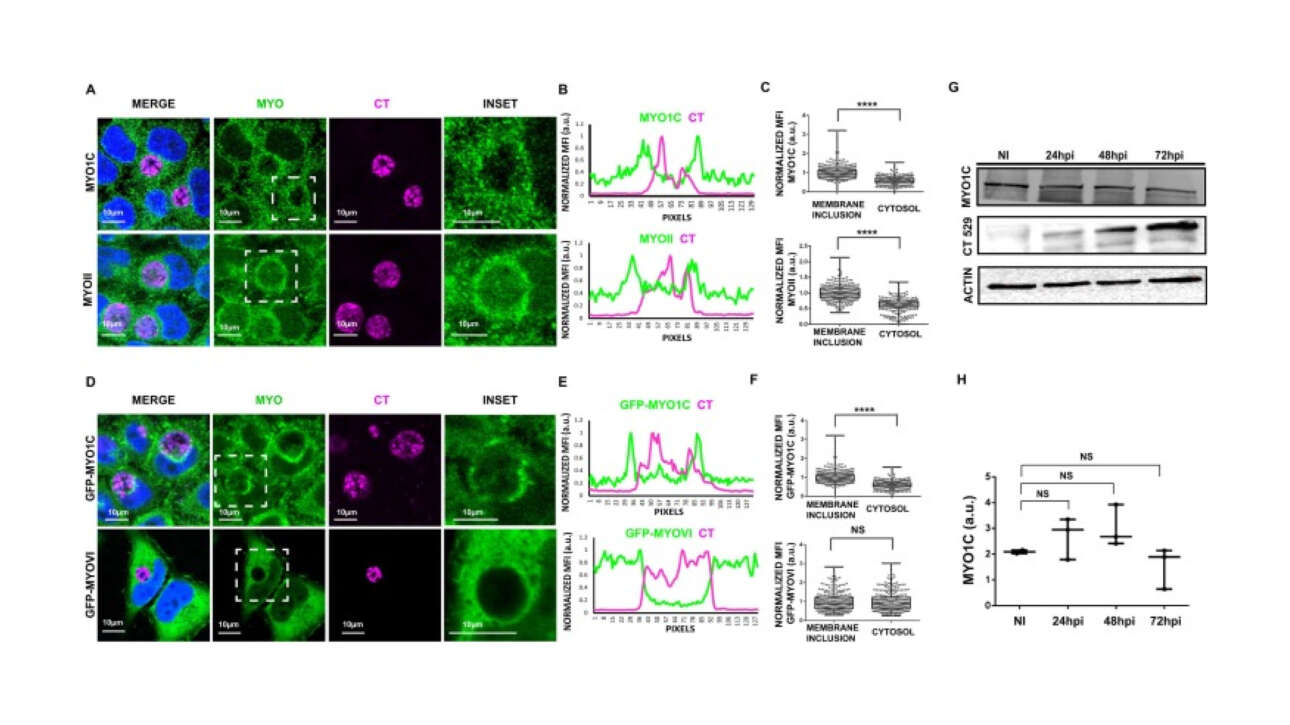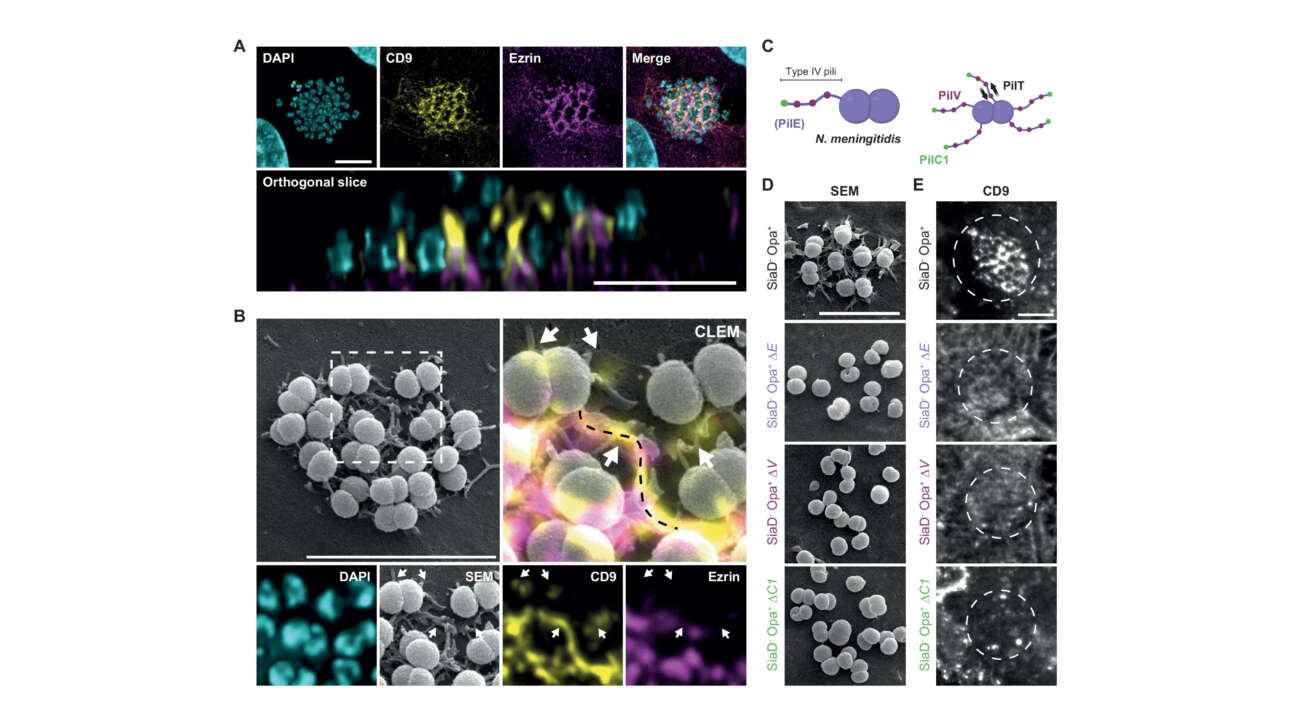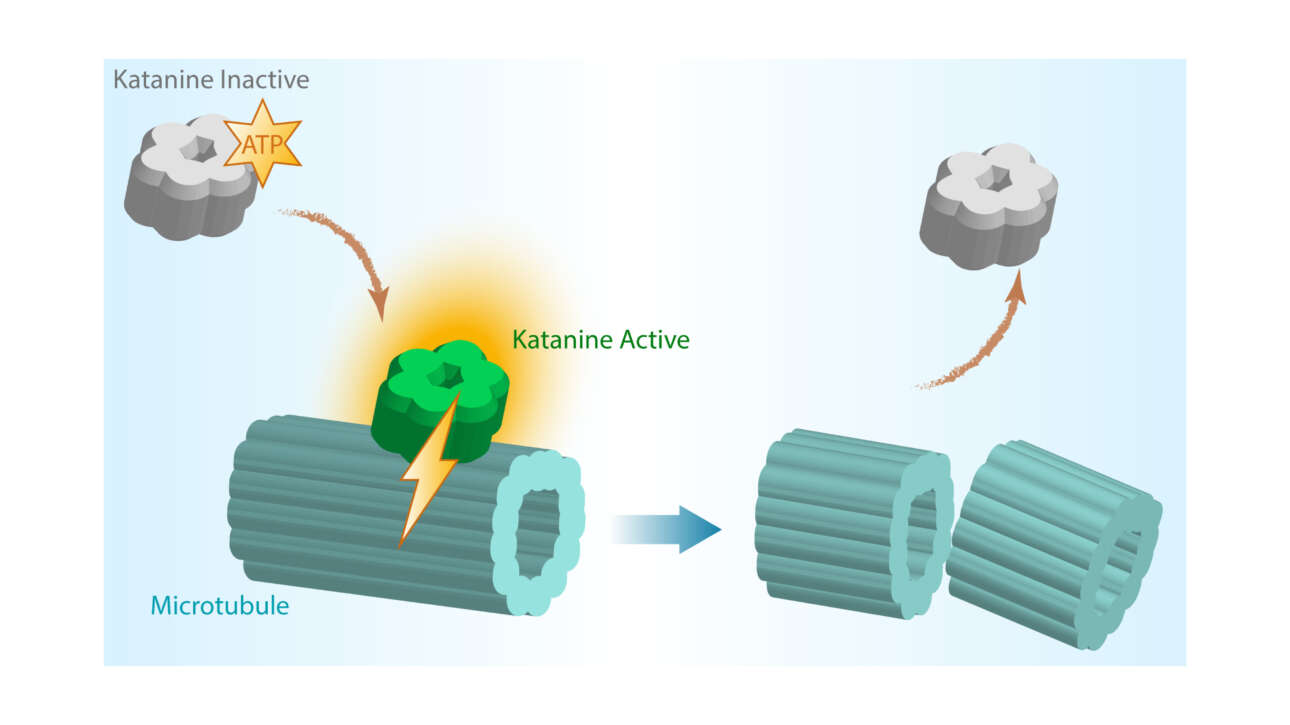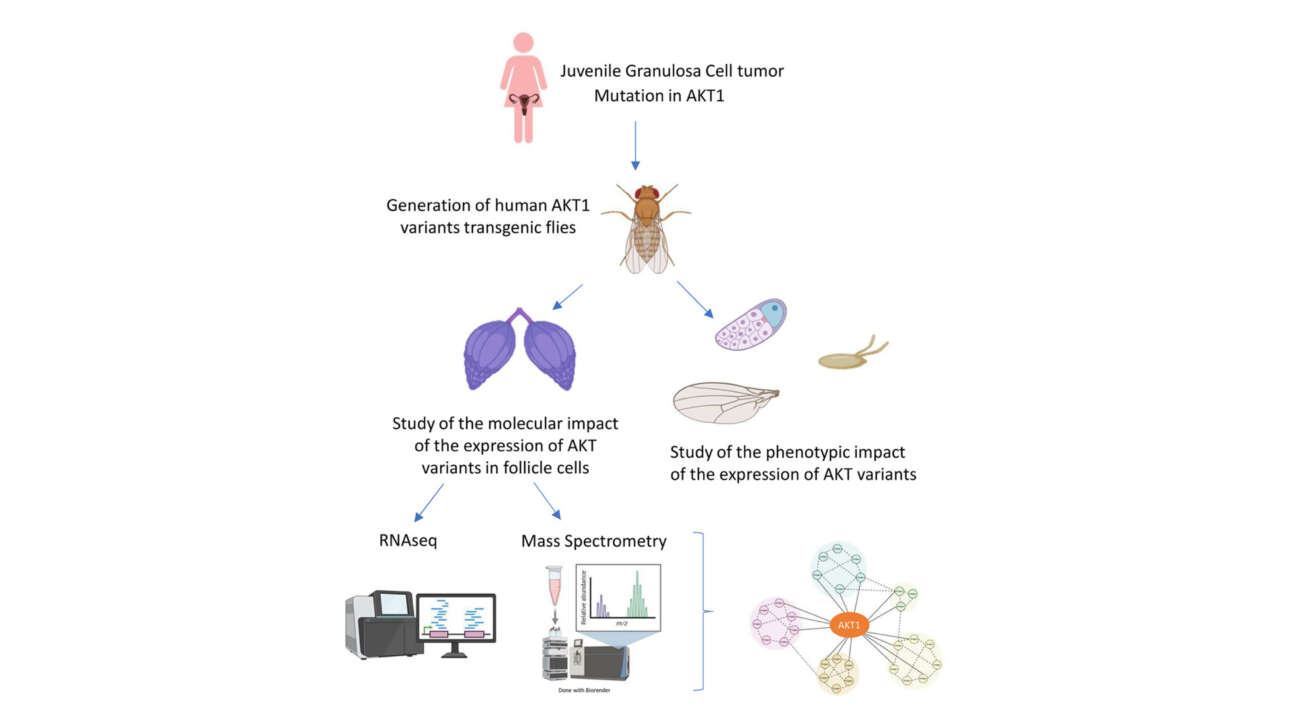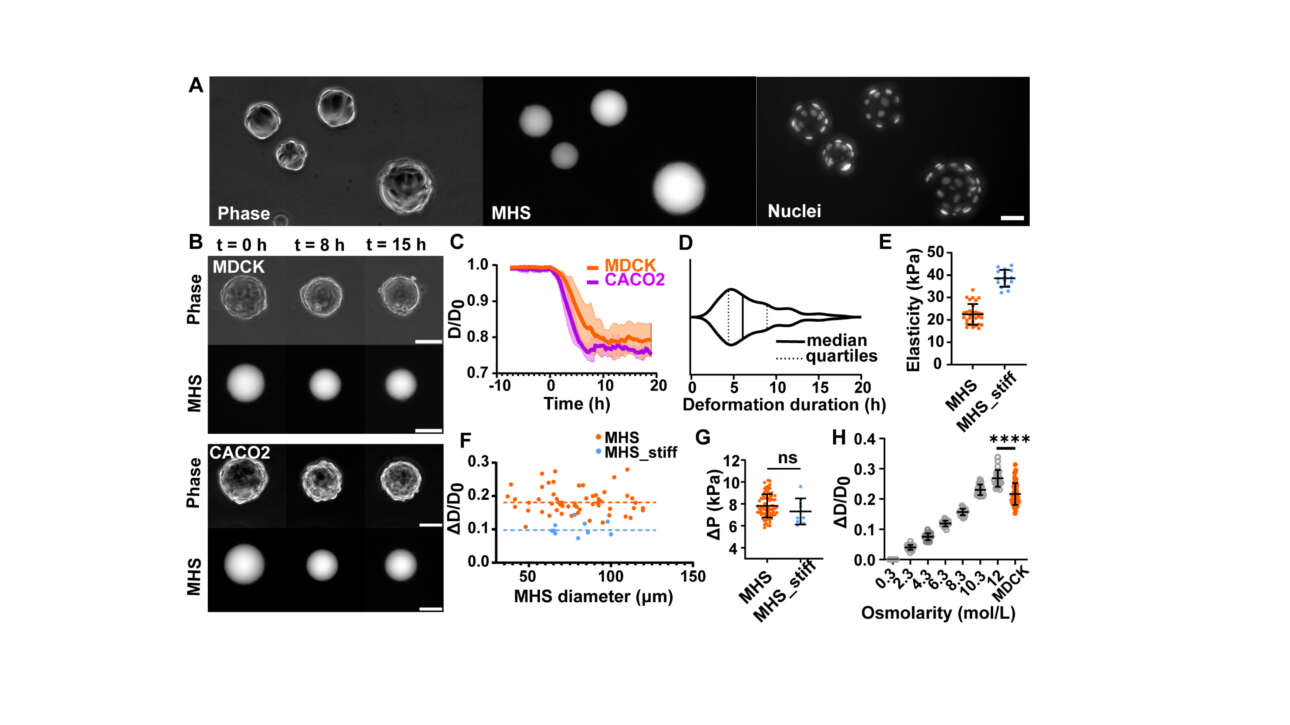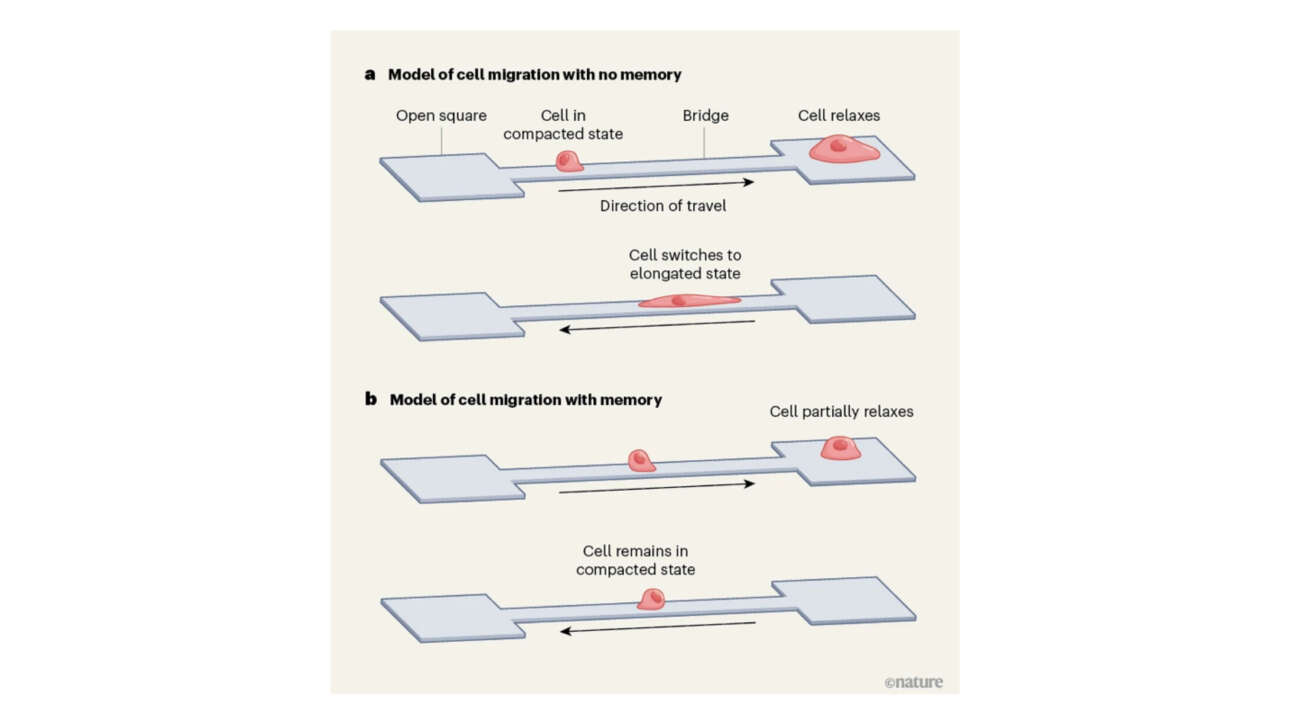The Konstantinides Lab contribued to the writing of the editorial for the January 2026 issue of the European Journal of Neuroscience:
The Power of Diversity in Neuroscience Research Models
Abstract:
Neuroscience thrives on diversity-not only in the questions it asks but also in the models it uses to explore them. Across the field, different animal models have…
